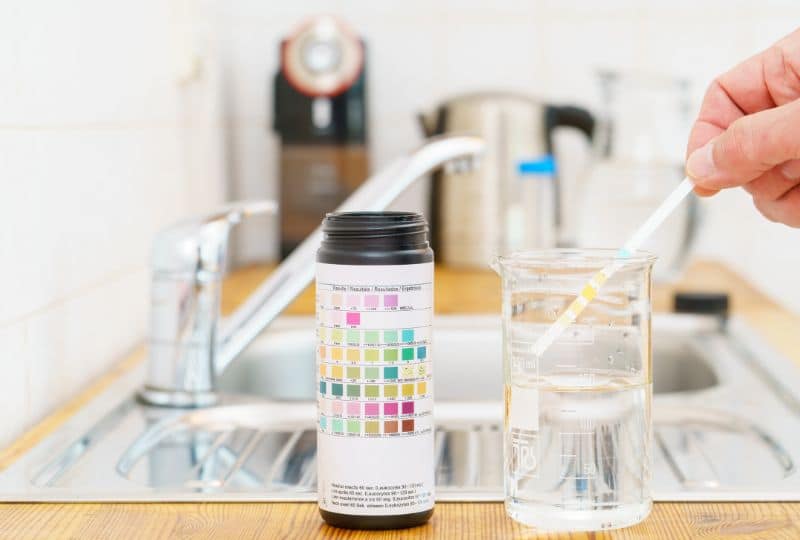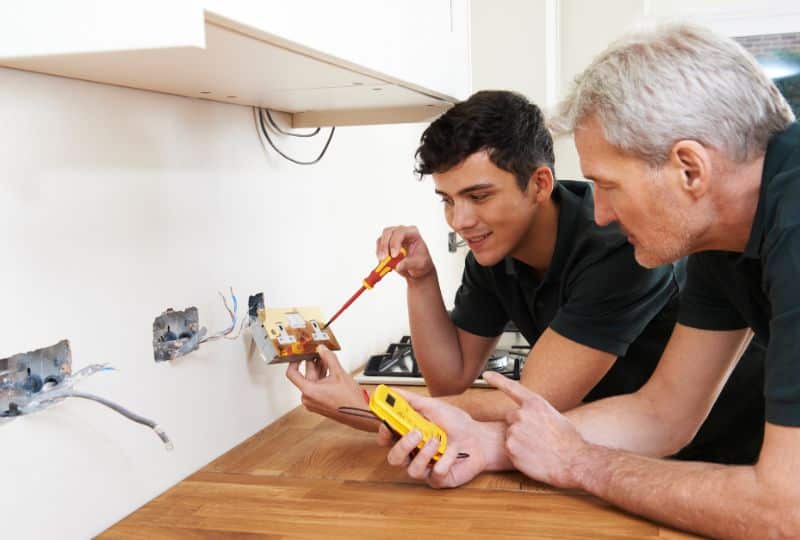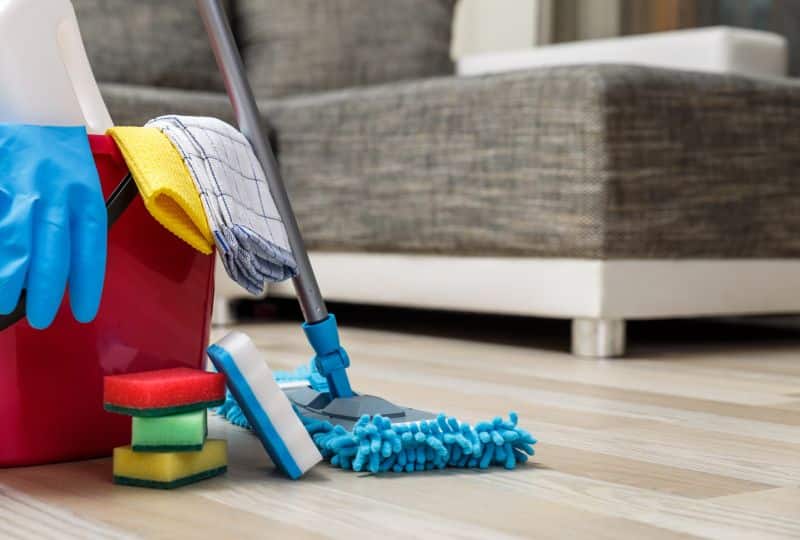The world is amazing, composed of hundreds of different elements and molecules, but some are much more dangerous than others. Technology has come a long way, and people can erect homes quickly, but finding and treating the harmful toxins under and in your home is a different story.

You need to go out of your way to test your home for harmful toxins, but doing so will help you and your family stay healthy and safe.
Contaminated Water
Water is something that every family needs to drink, cook food, bathe, and wash clothes, but sometimes, that water isn’t as safe as it should be. Instead, water can easily collect chemical and biological contaminants, such as microplastics or bacteria. Most homeowners fail to consider that the water they’re drinking could be contaminated.
Thankfully, you can get tests showing if there are bacteria, lead, or other metals and contaminants in your water. If there are contaminants, you can invest in a water treatment filter or consult with professionals to eliminate the problem completely.
Radon Gas
Radon is a radioactive gas that can cause cancer if you have too much exposure; unfortunately, radon seems to be in many places. In traditional homes, radon gas seeps up from the soil and can get into your home through:
- Basements
- Cracks in your foundation
- Crawl spaces
It’s a dangerous gas, and it’s a tricky one to detect. Some different conditions can affect a radon test, like outdoor temperature and wind, so you should test for radon regularly to account for these conditions. Testing regularly can help you catch it, and if you do, be sure to hire a professional to help you mitigate this radon and keep it out of your home.
Lead Paint and Pipes
People have been talking about lead paint for years, and there’s a good reason why. Lead is a harmful neurotoxin, and even the smallest amount can be harmful. Children are especially vulnerable, as lead has links to stunted growth, neurological issues, behavior disorders, cancer, and strokes.

Image Source: unsplash.com
The US government outlawed it in paint and gas in the 1970s, but it’s still common. Older homes and pipes are the most common culprits of lead, but instead of just worrying about them, you can test your home. Lead test kits are a great way to see if your home is safe or if you need to bring in professionals.
To stay safe in your home, you must test it for harmful toxins and take the necessary action to eliminate them. Identifying the toxins is just one part of the solution—you must get rid of them if you want your house to be a place where you can rest easy at night. In some of the worst cases, you may need to tear up parts of your home to eliminate the issue, but the cost will be worth it.




Leave a Reply